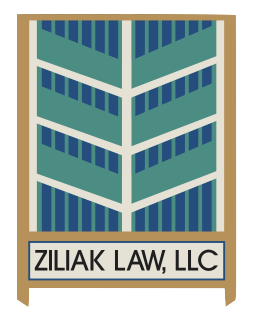Accelerating a recent trend, the Ninth Circuit has held that misstatements in a copyright application may invalidate a resulting registration and jeopardize an infringement verdict based on the registration.
For many years, courts in the Ninth Circuit and elsewhere have suggested a high bar for invalidating a copyright registration containing errors or mistakes. Generally, most cases have indicated that a defendant challenging a plaintiff’s registration must prove that the plaintiff intended to defraud the Copyright Office in order to succeed. In recent years, however, the Ninth Circuit has relaxed the standard for invalidation and raised the bar for copyright applicants.
In Unicolors, Inc. v. H&M Hennes & Mauritz, L.P., Case No. 18-56253, 18-56548, the Court of Appeals considered a challenge to the successful copyright infringement verdict obtained by fabric designer Unicolors against clothing retailer H&M for allegedly copying one of Unicolors’s original designs. On appeal, H&M argued that Unicolors’s copyright registration never should have been issued because of errors in Unicolors’s application.
Although the district court rejected H&M’s arguments, the Court of Appeals reversed and remanded because the copyright registration relied upon by Unicolors improperly included multiple works in one application that were not part of a “single unit of publication.” The fact that the different works were not published together as a single unit on the same date was known to Unicolors. Accordingly, the Court of Appeals held that the district court should have requested the Register of Copyrights to opine as to whether this defect would have caused Unicolors’s application for registration to be rejected.
The Ninth Circuit’s opinion carries with it at least two valuable lessons.
First, copyright owners may not rely on their own good faith if their copyright applications contain mistakes. Unicolors makes clear that the Ninth Circuit is not backing down from last year’s decision in Gold Value Int’l Textile, Inc., 925 F.3d at 1147 (9th Cir. 2019), which held that the Copyright Act does not impose an intent-to-defraud requirement in order to invalidate a registration.
Second, given the increased stakes in the correct preparation and filing of copyright applications, content owners should be attentive to either retaining experienced copyright counsel to file their applications or, for those who take on registration work internally, working closely with copyright counsel for guidance to ensure that the applications are being properly prepared and unlikely to be challenged down the road.
Article by James Griffith
Have questions about a copyright application? We can help!

